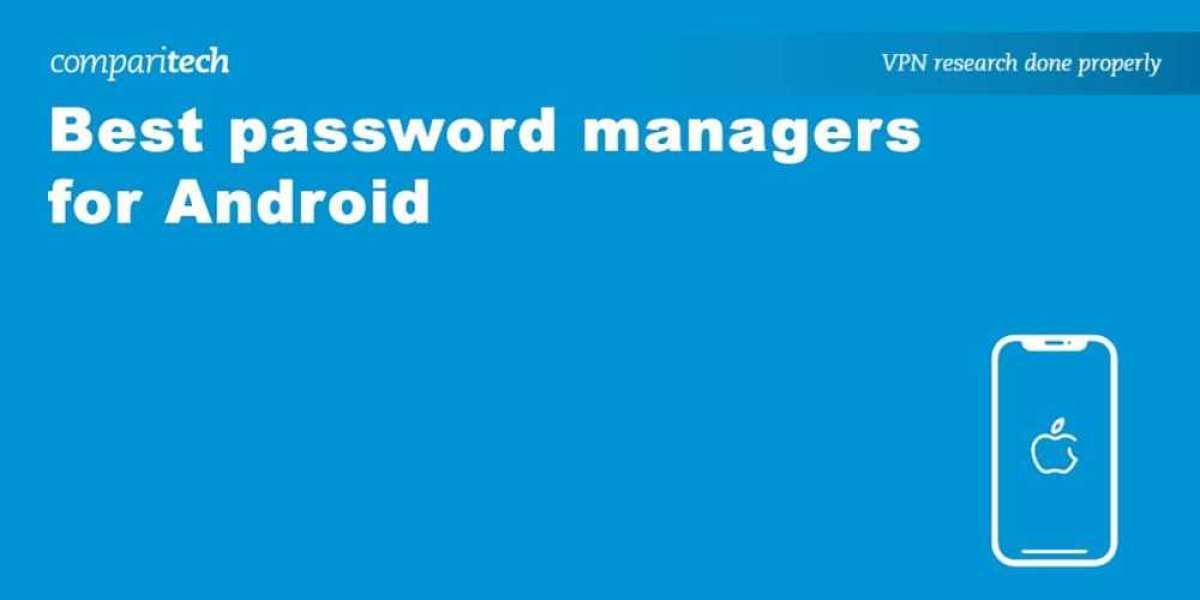 If you're an expat, it is an excellent idea to take lessons at driving schools. They will take care of all the paperwork and cut down your wait for an exam.
If you're an expat, it is an excellent idea to take lessons at driving schools. They will take care of all the paperwork and cut down your wait for an exam.It can take anywhere from a couple of weeks to a few months to obtain your French license (permis d de conduire), which is in the form of a pink credit card.
Theory test
The driving theory test (le code) is an important step in the French license process. The test covers traffic laws and road safety rules, and you can prepare for it by reading the manual or using mobile apps that are designed to help you learn. You can also take a free online test to practice. The test is conducted digitally at the testing center using tablets. You must answer the questions correctly to pass.
As with most countries, the French driver's license can be obtained after passing an exam that is both theoretical and practical. The French driving test is notoriously difficult. According to statistics from the last few years, only 59.2 percent of men and 54.4 percent of women passed their test on their first try, while the success rate for the practical test was lower at 58.6 percent for men and 52.8 percent for women. People with health issues or disabilities might have to take additional tests.
You can either take the test in conjunction with a driving school that will arrange your lessons and the test or as an independent candidate. You must sign up for an "NEPH – numéro d'enregistrement préfectoral harmonise" on the website of the government agency ANTS. This number is required for booking a theory test date.
Many driving schools such as Pass Rousseau offer online preparation courses that include live online practice and live classes. These courses can be costly however they also save time. Some schools, such as Fehrenbach, are specifically geared towards English speakers, but they can be more expensive than a standard French driving school.
If you have an active driving license from a member state of the European Union and a residence permit, you can swap your license to a French one. The process can take a long time and you will need to provide the official translator.
You can still take the test if you don't speak French by using a translator. You can take the written test any number of times you wish and without a waiting time. The cost for the regular theory test is EUR30.
Practical test
If you wish to drive a vehicle in France, you must pass a theoretical test (known as le Code) and a practical test. You can take both exams through a driving school which will conduct the tests and lessons for you or you can do it yourself as an external candidate. If you decide to be an independent candidate, you will need to sign up for a NEPH number - Numero Prefectural harmonise number - on the website of government agency ANTS.
The test, referred to as le Code, consists of 40 questions that have multiple-choice answers covering topics such as traffic laws, road safety regulations and driving regulations. You can find free study guides and practice apps online, or purchase the Code de la Route book at a bookshop, or online. It's possible to get an A+ grade with 20 or more points, provided you don't make any eliminatory mistakes (crossing a solid line, driving on the left, not observing a stop sign or ignoring the priority rules).
During the test, an examiner will evaluate your ability to drive under normal conditions of traffic and in the car of choice. The test will last for 25 minutes of driving and will last for about two hours total. The examiner will also ask you to demonstrate your knowledge of basic first aid. The test can be repeated up to five times in three years.
As an external candidate you are able to bring a tutor along to the test, but they cannot charge more than the cost of a lesson. However, if you're studying at an driving school, they can provide an instructor to accompany you on the test. If you fail the test, you are able to take it again at as many times as you would like within the next five years.
Note that the theory and the practice tests are conducted in French, so you'll need to have an excellent level of proficiency in the French language. It's best to plan ahead and begin learning the language early prior to moving to France. The test may be difficult for non-French speakers. You must aim to attain a reasonable level of fluency before you take the test.
Passing the test
There are some things that new drivers need to be aware of prior to taking the test to obtain their French driving license. They must pass both the theory and the practical exam before they can drive on French roads. In addition, they need to have their vehicle insured in France and purchase a pollution certificate (called a "conduit accompagnee").
Le code is the initial step. The test is comprised of oral and multiple-choice questions. The next step is to pass the practical exam which is more difficult and requires lots of practice. The test will test your understanding of the rules of the road and what to do if you are faced with an emergency like someone who is unconscious or badly injured.
After passing the theory and practice test After passing the test, you will receive an official document referred to as a certificate d'examen de permis de conduire. This document is valid four months, and it can be downloaded onto your phone or tablet. This is what you will need to show the police if you are stopped. The word "favorable" will appear at the bottom of the document.
Your driver's license must be renewed every 15 years. This is completed by filling out an administrative form and paying an amount. You must also show proof of your address and identity. You can do this on the internet or at your local prefecture office. You can monitor the status of your license online by entering your file number and personal code.
In addition to the driving regulations, it is important to be aware of the French demerit point system. You could lose your license following a major offense or accumulating too many points. You can also lose your license if don't pay fines or have been involved in a serious accident.
It is crucial to understand that France is a country that operates on the right side of the road, and traffic coming from the left side is given priority. Also, it is important to remember that the maximum speed limit on national and departmental roads is 80 km/h. However the speed limit is reduced to 50 km/h on local roads and in cities.
Getting your license
It can be a challenge to get a driving license in France, whether you have recently completed your French test or are an expat driver for the first time. There are specific regulations and licence prerequisites that you should be aware of in order to avoid being stopped by the police or having an accident due to invalid driving permits. To avoid any hassles, it is recommended to obtain an International Driving Permit in advance. This small piece of paper must to be carried when traveling abroad. It can translate your driver's license into a variety of foreign languages. They are cheap ($20) and easy to obtain from your local AAA office, and even car rental companies will accept them.
Many expats are able to change their licenses to one with a French one, if their country of origin has reciprocal agreements with France. The process can take a few weeks to several months depending on the amount of activity in the prefecture. You'll need a identification proof, two recent passport photos as well as a medical certificate. two self-addressed envelopes.
If you do not have a valid driver's license or your driving license from another country is expired, then you'll need to pass a theory and practical test before you can obtain an official license. Individuals with disabilities or other health conditions may have to pass additional tests.
In the event of the latter scenario, a test will be administered by an experienced doctor who will test your ability to drive. The test is comprised of a theory test and a test drive on a parking lot, as well as an interview with the examiner.
French drivers must have their driver's license and registration for their vehicle at all time. They must also have an insurance policy for cars and other vehicles. It is advisable to check with your insurer to ensure that your policy covers driving in France and is current.
 It may seem difficult to obtain your license in your new country however with the assistance of a reliable driving school, you can do it. Although you don't necessarily need a driving school to obtain your French driving license, they can help you with the process by handling all of the paperwork and scheduling the process for you.
It may seem difficult to obtain your license in your new country however with the assistance of a reliable driving school, you can do it. Although you don't necessarily need a driving school to obtain your French driving license, they can help you with the process by handling all of the paperwork and scheduling the process for you.







